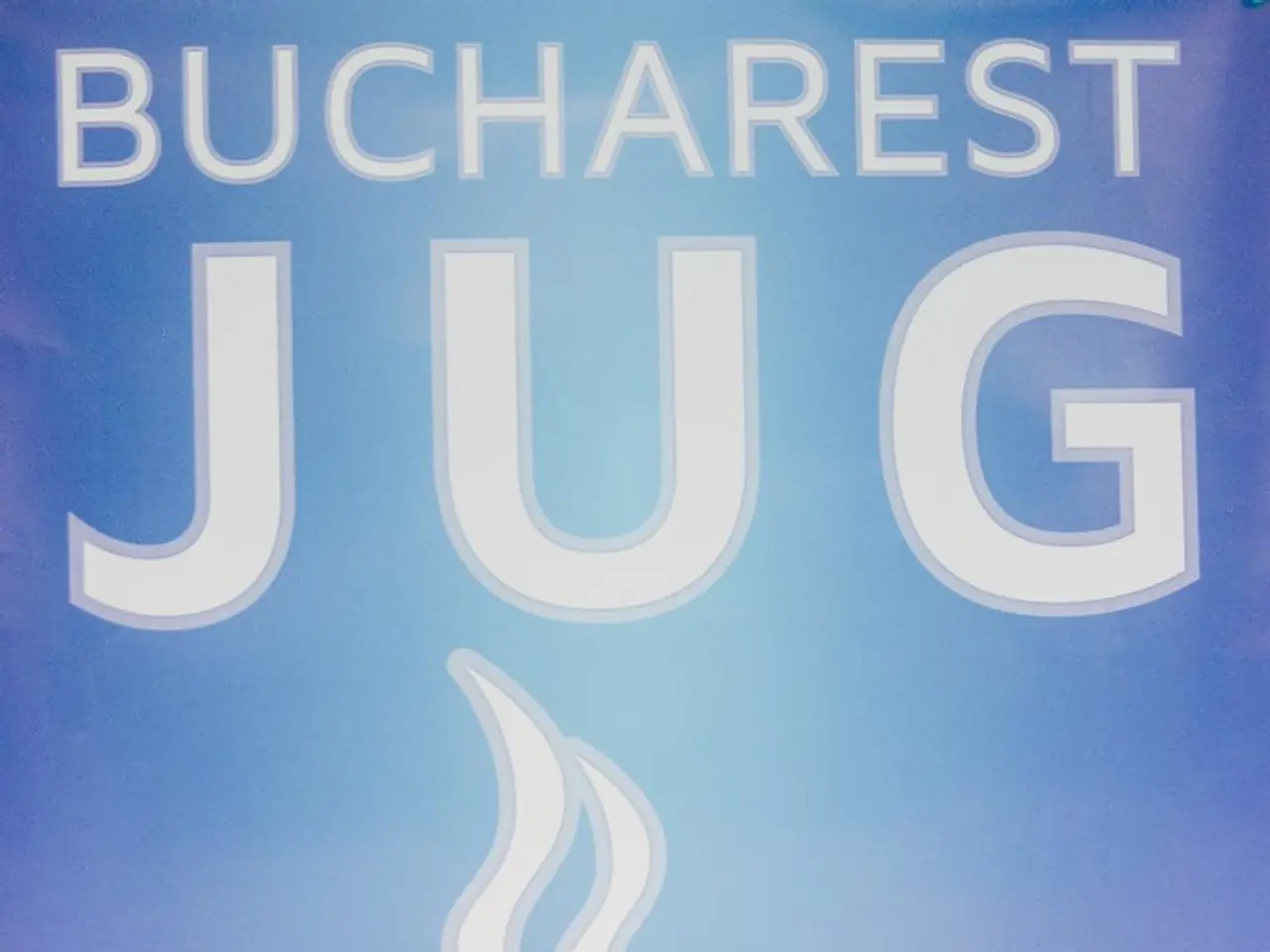Major players in the financial sector - Ripple, DBS, and Franklin Templeton - reveal plans for a $1.62 trillion tokenization project.
In a groundbreaking development, DBS Bank, Ripple, and Franklin Templeton have joined forces to launch tokenized trading and lending solutions on the XRP Ledger. This partnership aims to facilitate a smooth transition between stable value and tokenized securities, introducing a third path for digital asset investors: on-chain money market funds that are stable, liquid, and yield-generating.
Digital markets have seen a significant shift, with tokenized money market funds no longer being viewed solely as instruments of credit creation but also as investment vehicles. This transformation is evident in DBS's new lending arrangements, where accredited and institutional clients can obtain credit either directly from DBS or via third-party lending platforms, with DBS acting as a trusted agent holding the pledged collateral.
The partnership between these industry giants is expected to create wider liquidity pools among investors, providing a more accessible and efficient market for digital assets. According to a survey by EY-Parthenon and Coinbase, institutional interest in crypto and tokenized assets is at historic highs, with 87% of institutional investors planning to invest in digital assets by 2025. However, it's important to note that the specific institutions planning such investments have not been identified.
Ripple's RLUSD stablecoin plays a crucial role in this partnership, providing a medium between stability and earnings-bearing assets. The use of RLUSD in the trading of Franklin Templeton's sgBENJI token allows for seamless transactions, with sgBENJI tokens being traded 24/7, unlike conventional money market instruments that settle after normal business hours.
The settlement time for sgBENJI trades is also significantly faster, taking mere minutes compared to the settlement time for conventional money market instruments. This speed, along with the scalability and low transaction costs of the XRP Ledger, has attracted significant asset managers like Franklin Templeton, with $1.62 trillion in assets, to consider blockchain as the heart of future capital markets.
Roger Bayston, Head of Digital Assets at Franklin Templeton, believes that tokenization unlocks new uses that can transform global finance. He considers the partnership as a step towards this transformation, stating that it "unlocks new possibilities for institutional investors looking to participate in the digital asset ecosystem."
Nigel Khakoo, Ripple's VP and Global Head of Trading and Markets, considers the development as a "game-changer" for institutional investors. He believes that this partnership will make it easier for institutional investors to enter the digital asset market, providing them with a regulated and efficient platform.
DBS also plans to explore repo-style lending arrangements using sgBENJI tokens as collateral, further enhancing the liquidity and efficiency of the digital asset market. The bank aims to become a center for institutional-grade digital asset solutions in Asia by launching tokenized funds with stablecoins.
In conclusion, the partnership between DBS, Ripple, and Franklin Templeton marks a significant step forward in the adoption and integration of digital assets into traditional financial markets. This collaboration is expected to make digital assets more accessible and efficient for institutional investors, potentially revolutionizing the way money market funds are used and perceived in the digital age.







